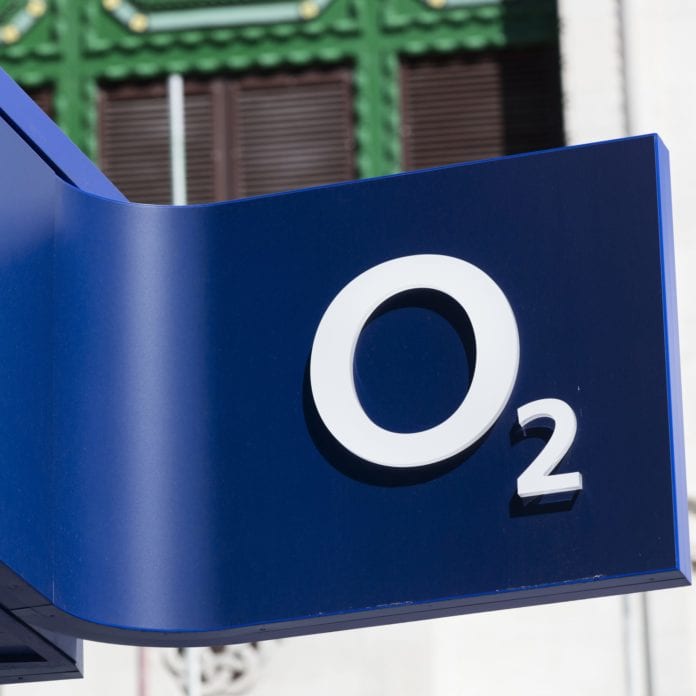As O2 continues to shake out the role of Open RAN in both sparsely populated and dense urban areas, it’s latest trial tapped Japan’s NEC as system integrator and, according to COO Derek McManus, is the latest step in “transform[ing] our network through collaboration and the optimization of new technologies such as Open RAN.”
In January 2020, O2, Telefonica’s operation in the United Kingdom, said it would broaden the scope of its RAN vendors to include Mavenir, DenseAir and WaveMobile. The operator described Open RAN as “particularly useful for coverage in hard to reach rural locations – such as an area with a very small population – or where a sharing model is more cost effective such as dense urban locations where large numbers of small cells are required.”
A year on and that pool of non-legacy RAN vendors has broadened to include Altiostar, an open and virtualized RAN software specialist, along with Supermicro and Gigatera Communications. In the latest trial, few details of which were provided, NEC served as the system integrator and, according to a press note from O2, “helped to define a customiszed Open RAN architecture, optimized and adapted to the requirements of the O2 mobile network. Given its role as the system integrator for this trial, NEC coordinated the overall design of the system, which delivered a solid end-to-end solution and was conducted in collaboration with the aforementioned industry leaders.”
In December last year, NEC set up an Open RAN Center of Excellence in the U.K. The goal is to use the CoE to validate Open RAN systems, use it for “post deployment troubleshooting, lifecycle management,” and CI/CD for Open RAN systems.
Altiostar was among NEC Open RAN Center of Excellence partners. In December, Altiostar VP of Field Operations Pierre Kahhale said in a statement, “We have a strong and growing relationship with NEC, dating to our collaboration on the first cloud-native network at scale in Japan, and continuing with current trials and operator deployment plans across the globe.”

